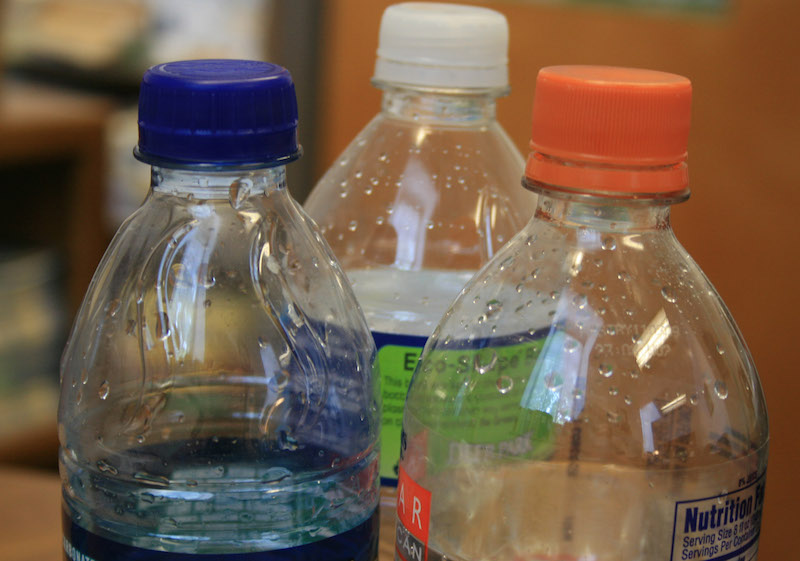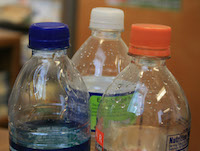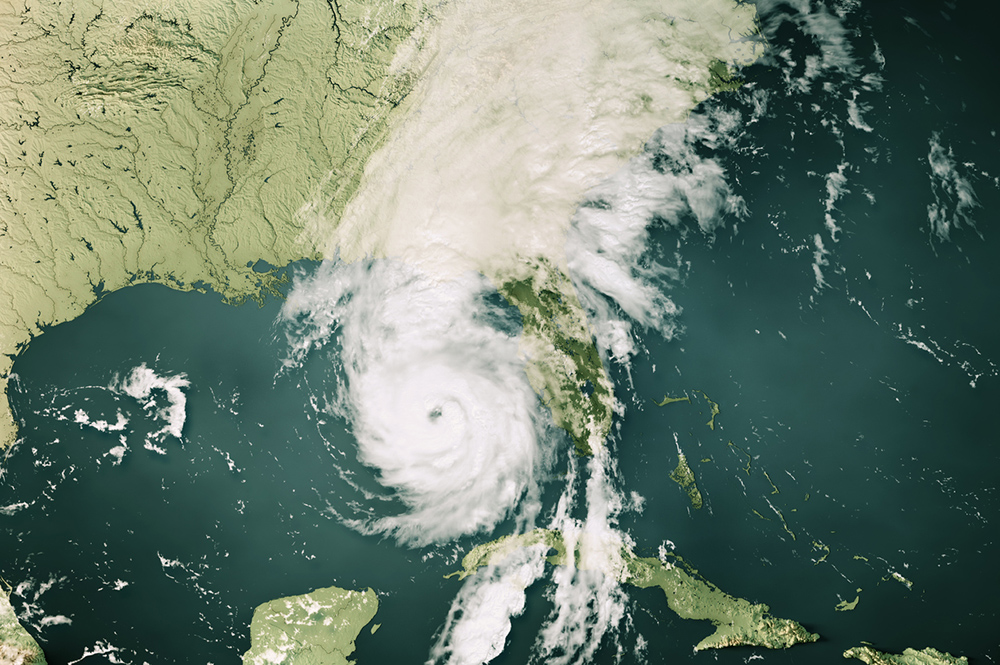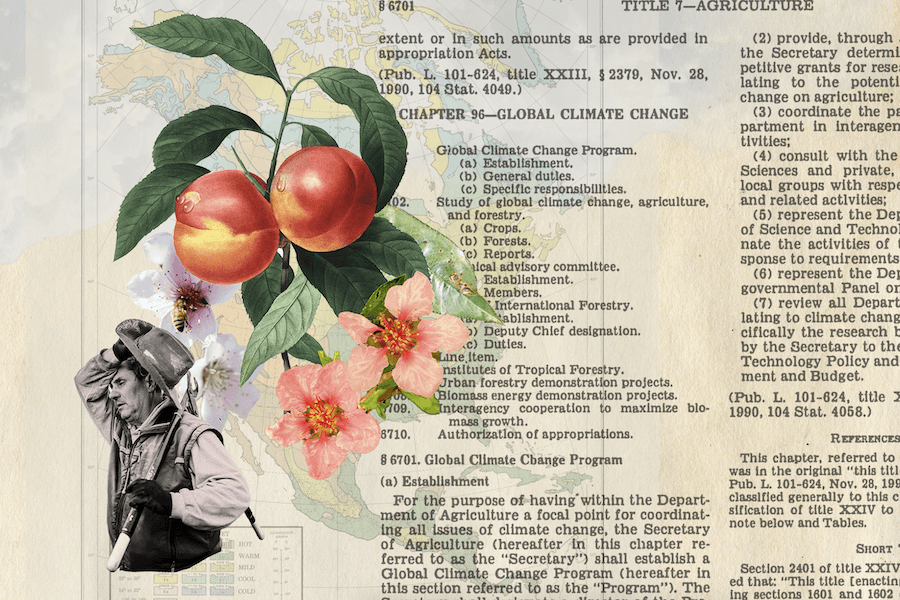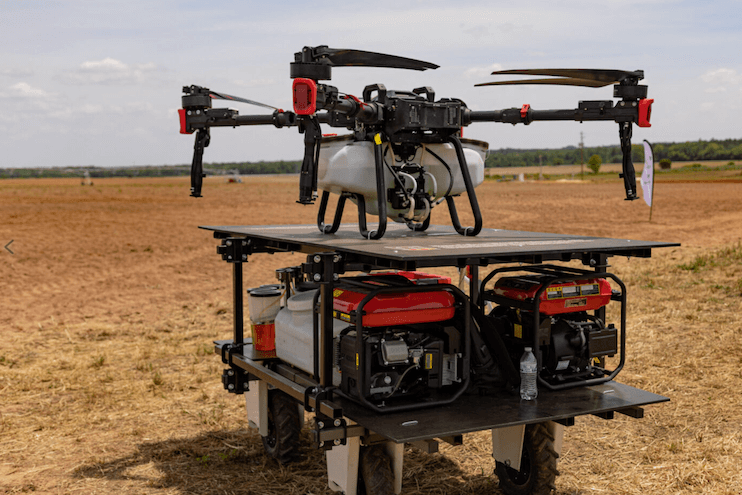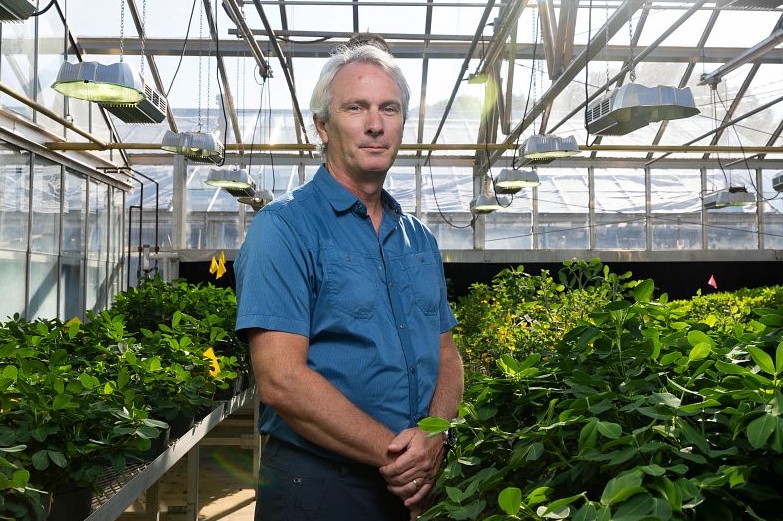Most Americans take for granted having fresh, clean water to drink, but that valuable resource isn’t guaranteed during times of emergency. University of Georgia Cooperative Extension expert Gary Hawkins says, no matter whether your drinking water comes from a private well or a municipal source, having an emergency supply of water is something everyone should have.
“Under times of possible emergency, no matter what that be, having at least a few gallons of water saved up provides you that little bit of a safety net,” he said.
Hawkins says that in extremely rare cases, something could happen at the water treatment plant that makes the water no longer potable. If a private well supplies your family with water, a power outage could prevent the well’s pump from delivering the water into your home.
“If the city or county announces a boiled water advisory, having drinking water on hand would extend the time required for you to have to start boiling water to have a safe supply,” said Hawkins, whose job is to educate UGA Extension agents and the public on water quantity and quality issues. “Having an emergency supply of water is really a risk management kind of thing.”
When it comes to storing emergency water, Hawkins says that you can just take water out of your home tap, but that water should only be stored for a few days. Make sure to use clean containers when storing tap water.
“In a hurricane situation, if you saved up water on Monday morning, it would still be okay to drink by Friday,” he said. “If you use a milk jug and wash it out, you are still taking a chance of introducing bacteria, so in the long term it won’t be safe.”
Buying water is the safest option. Store-bought water is typically sealed and is marked with a “best by” date or expiration date.
Hawkins once planned to fill 5-gallon water containers in preparation for a weather emergency. As happens in life, time ran out and instead he filled about 15 different containers, including small coolers, with water.
“What we planned on doing and what we do are sometimes two entirely different things,” he said. “We put all of the containers in the freezer. This way we could have ice and drinking water if need be.”
Hawkins says that if you see a water tower in your county, the municipal water is likely gravity fed and not electricity fed. This means that if the power goes out, you still have water for the time period the tank has water.
“The pumps deliver the water into those big towers and then the water is used out of the towers,” he said.
Another source of emergency water in homes is the hot water heater. A water heater should be used as a last-resort water source, Hawkins said, and would provide an additional 30-80 gallons of water based on the heater’s size.
If a rain event causes a storm surge in coastal areas and flooding in other locations, homeowners who rely on wells for their water should ensure the water is safe after a flood, says Uttam Kumar Saha, interim director of UGA’s Agricultural and Environmental Services Laboratories.
For more information, read the publication “Ensuring Safe Private Well Water for Household use After a Flood” at extension.uga.edu/publications.

